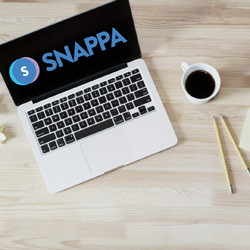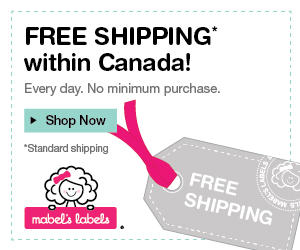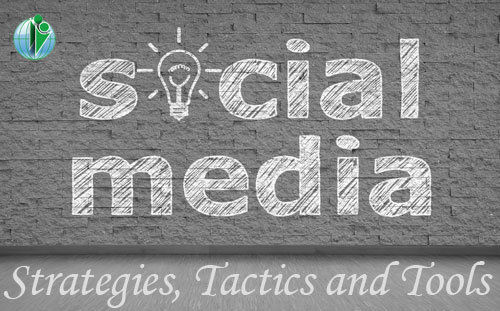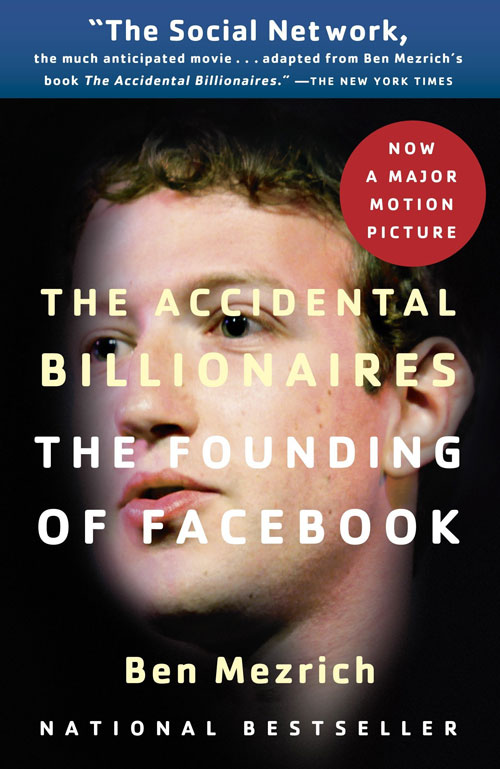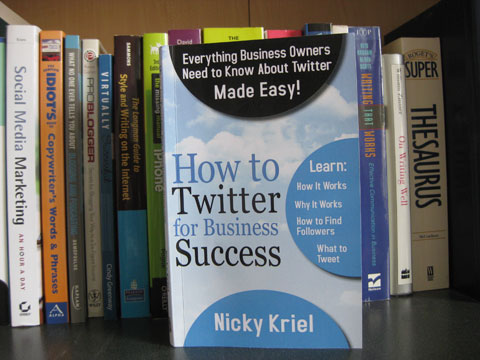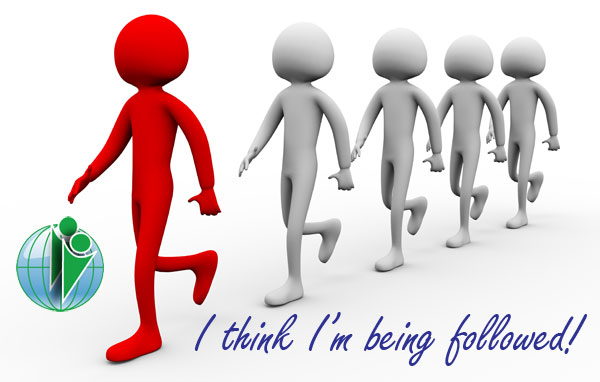Diving into Google+, Facebook, LinkedIn and Twitter
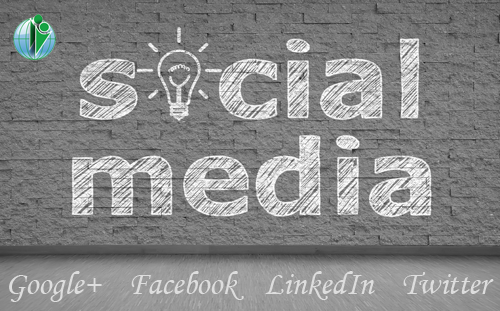
This page may contain links to Amazon.com or other sites from which I may receive commission on purchases you make after clicking on such links. Read my full Disclosure Policy

In Week 2 of the Social Media Success Summit, we moved from general strategies, tactics and tools to Deep Dives into Google+, Facebook, LinkedIn and Twitter, with another spectacular roster of presenters and topics.
The Agenda
- Martin Shervington – How to Use Google+ for Social Search Engine Optimization
- Lynette Young – How to Create a Google+ Content Strategy
- Martin Shervington with Ryan Hanley and Rebekah Radice – How to Maximize Engagement on Google+: What Really Works
- Amy Porterfield – How to Use Facebook to Build Relationships that Lead to Business
- Jon Loomer – Advanced Facebook Ad Targeting Techniques Used by the Pros
- Andrea Vahl – How to Use Your Facebook Insights to Engage With More Fans
- Viveka von Rosen – LinkedIn Prospecting Gold! 5 Steps to Finding, Engaging and Closing Leads with LinkedIn
- Stephanie Sammons – How to Build Influence With Your LinkedIn Network to Grow Your Business
- Melonie Dodaro – How to Optimize Your LinkedIn Profile to Generate More Leads for Your Business
- Erik Fisher – How to Use Twitter to Drive More Traffic to Your Content and Products
- Amy Schmittauer – How to use Twitter to Build Relationships that Lead to Business
- Jessica Northey – How to Build a Social Media Army Using Twitter
Although there was some overlap, the differences between the various social media sites became clearer throughout the week. I’m looking forward to applying this information to my social media strategy, and feel better equipped to help my clients decide which ones they should use, and how to best use them.
With such a wealth of information being presented, I’ve decided to share one lesser known feature of each of the four platforms.
Google+
One thing that differentiates Google+ from other social networks is Circles. Although many of us use Google+ Circles to filter our newsfeed by categories, similar to lists on Twitter or Facebook, they’re actually much more powerful than that.
Martin Shervington, author of The Art and Science of Google+, recommends creating an “Opt-in” circle for people who wish to receive your Google+ posts by email. When sharing posts with that circle, you can then check the “also send email” box without worrying about spamming people and/or being blocked. Your posts are far more likely to be noticed when they land in people’s inboxes as well as their newsfeed, especially those who don’t visit the site on a regular basis. It’s also a good way to identify your most engaged followers!
Many businesses are getting disillusioned with Facebook, and I talked about this earlier this year. The experts say that Facebook ads are relatively inexpensive and worth looking into, but for many of us, it seems counterintuitive to spend good money just to get people to see our Facebook posts.
Amy Porterfield, co-author of Facebook Marketing All-In-One for Dummies, shed a whole new light on this topic.
She said we shouldn’t think of Facebook as a tool for connecting with potential clients, but rather as a tool for getting subscribers. Instead of creating ads that direct people to your Facebook posts, use them as lead magnets for your email list. It’s through your email list that you’ll be able to convert your subscribers into clients.
So you don’t waste money advertising to people who are not your ideal clients, you need to use the tools which Facebook provides so they are the only ones who see them.
Of the major social networks, LinkedIn has been around the longest. Although it’s undergone a number of changes to incorporate popular features of the other sites, such as custom backgrounds, it’s greatest value continues to be the ability to grow your network.
Instead of connecting only with people you’ve already met, whether in person or through other social media sites, Viveka von Rosen, author of LinkedIn Marketing: An Hour a Day, recommends using LinkedIn Advanced Search to find people who would be valuable to add to your network. Stephanie Sammons suggests spending 10 minutes per day reaching out to second degree contacts, asking for introductions when appropriate.
I was surprised (though I probably shouldn’t have been!) to learn that the 80-20 rule applies to networking. Stephanie Sammons recommends spending 10 minutes a day focusing on your Most Valuable Connections, the 20% from whom you get 80% of your referrals.
Amy Schmittauer reminded us that Twitter is all about the conversations, but instead of waiting for the conversations to come to you, you have to go out there and find them. Talk to the people you follow, but don’t stop there. Look at trending topics and take advantage of Twitter Advanced Search to find conversations that relate to what you want to be known for, not just people to follow.
When you use third party platforms to schedule your content sharing, you can spend your “real time” on conversations and relationship building.
7 Free Tools for You to Try
- Swayy to help you find articles, videos, infographics and other content to engage your audience
- News.me to receive a daily email of top stories shared by your friends on Facebook and Twitter
- Twitter Cards to make your tweets more engaging and encourage click-throughs to your website or blog
- Twitonomy for monitoring your followers, lists, keywords, and much more
- Canva, PicMonkey, or Word Swag for creating eye-catching branded images to use on any platform
One More Tool for You to Try
- RiteTag to help you choose the best hashtags for your tweets
Learn More
Even though the event is more than half over, if you sign up now, you’ll receive nearly 45 hours of recordings, along with accompanying slides and transcripts, for your professional development library. And you’ll still get to attend the remaining sessions live!
Image © vetkit / depositphotos
Did you find this post helpful?
Share it with your network, and sign up to get new posts by email every week!


